Spotted Goddesses: Dalit Women’s Agency-Narratives on Caste and Gender Violence by Roja Singh
Prelude to a Riot: A Novel by Annie Zaidi
Crafting the Word: Writings from Manipur, edited by Thingnam Anjulika Sanom
The blind Argentinean librarian and writer Jorge Luis Borges imagined paradise to be a kind of library. At the turn of the century, a lot of us were concerned about the future of books with digital publishing becoming the norm of the day. But people continue to read books, whether as a bound copy or as e-books on their handheld readers or tabs. What has changed perhaps is the drive to read, or rather the motivation. One can discern trends where people only read those publications which are deemed cool. But this isn’t new; there were always bestsellers and nice books. Iconic books like Kerouac’s On the Road, or Nobokov’s Lolita, or most of Kafka’s work did not gain much popularity after they were published. But thanks to a phenomenon called social media, following trends have become a little bit more clinical than before. So we decided why not mould the ties to our advantage? Indian publishing witnessed some remarkable work in 2019, but a lot of them did not feature on popular internet reading lists. We collate them here for you.
Out of Syllabus: Poems by Sumana Roy
Al Arabian Novel Factory by Benyamin
Writing Badly is Easy by Amitava Kumar
Outcaste: A Novel by Matampu Kunhukuttan, translated by Vasanthi Sankaranarayanan
Love, Loss, and Longing In Kashmir by Sahba Husain
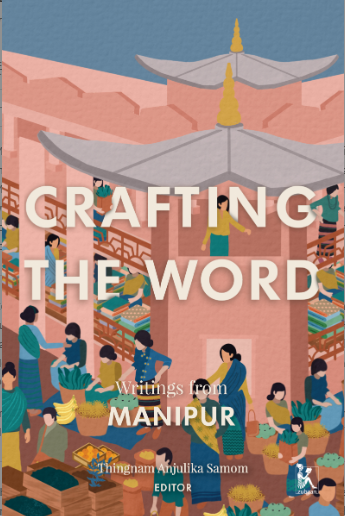
Crafting the Word: Writings from Manipur, published by Zubaan Boos Zubaan Books
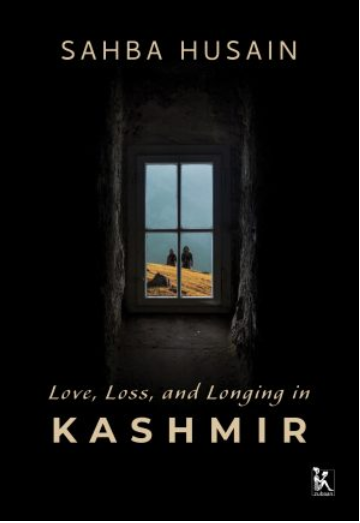
Love, Loss, and Longing In Kashmir, published by Zubaan Books Zubaan Books
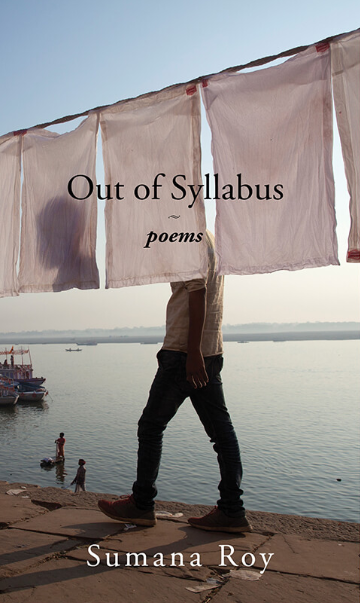
Out of Syllabus: Poems, published by Speaking Tiger. Speaking Tiger
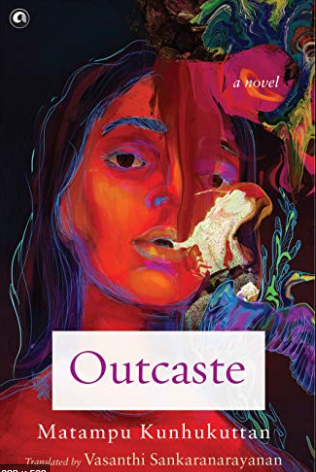
Outcaste: A Novel by Matampu Kunhukuttan, published by Aleph Book Company. Aleph Book Company
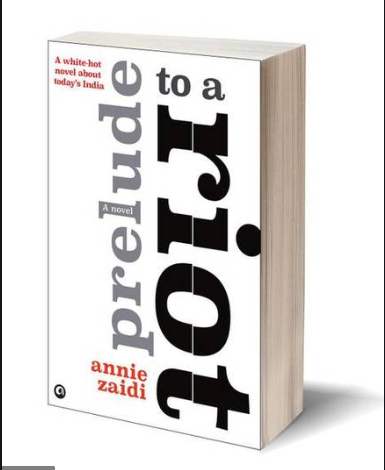
Prelude to a Riot: A Novel, published by Aleph Book Company Aleph Book Company
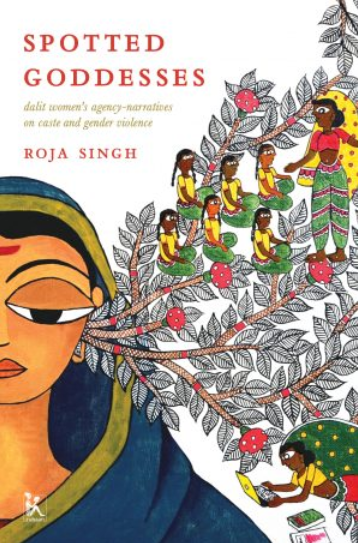
Spotted Goddesses: Dalit Women’s Agency-Narratives on Caste and Gender Violence, published by Zubaan Books. Zubaan Books
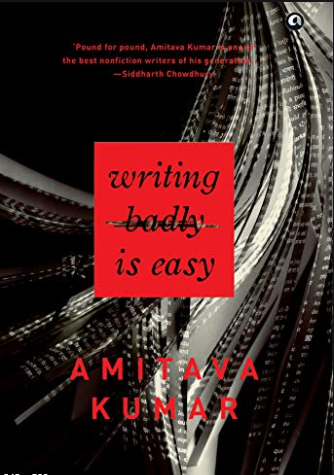
Writing Badly is Easy, published by Aleph Book Company. Aleph Book Company
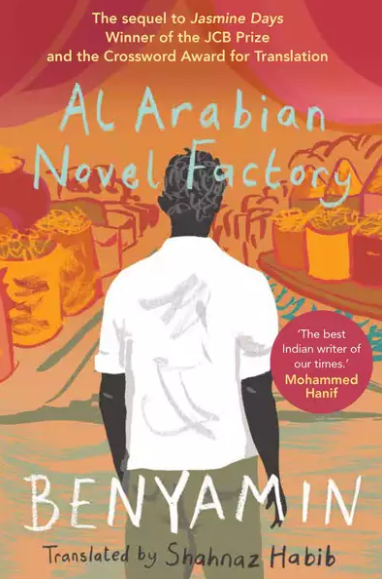
Al Arabian Novel Factory, published by Juggernaut Books Juggernaut Books
Spotted Goddesses is an ethnography of caste, gender and Dalit women’s leadership. Situated within the ambit of transnational feminisms, this book is rooted in interactions and lived experiences of Dalit women in Tamil Nadu. Singh’s intersectional perspective as a Dalit woman provides a consummate analysis of the power structures that shape the foundation of caste dominance in South India today. She describes strategies of social change in Dalit women’s activism as embedded in the urge to upend and subvert imposed identities of ‘difference’ in a mode of resistance which fearlessly thwarts social compartments and punishment traditions. Built around a powerful core which is primarily shaped by Dalit women’s songs, and oral and written testimonial narratives, including Singh’s personal story, this interdisciplinary work is a searing vindication of Dalit women’s right to rise and rage against the shackles of Brahminical patriarchy.
Outcaste ( Brushte in the original Malayalam) is a powerful story of the revenge a single woman named Paptikutty wreaks on her community for the monstrous injustice done to her. It is based on the 1905 trial of a Namboodiri woman for adultery and the revenge she exacted on her sixty-four lovers, who belonged to the most powerful families of the land. In the novel, Paptikutty is an avatar of Goddess Kali herself, bringing justice and revolution wherever there is corruption and sin. The Namboodiri Brahmins were the most powerful community in Kerala in the period in which the novel is set, more powerful than the King himself. Bound by rigid customs and rules, they silenced everyone who opposed them in their quest for more wealth and power. Namboodiri women were confined to the inner quarters of the house, where they lived in squalor and degradation. The influence of the Namboodiris grew unchecked until the end of the nineteenth century, when Paptikutty’s act of vengeance weakened the community from within. Passionate and gripping, Outcaste is an unforgettable indictment of the injustices perpetuated by upper caste men—a continuing problem in Indian society.
You fail as a writer if your writing is not concrete, if it is vague and abstract, and your reader is unable to see what you mean. Writing Badly is Easy is a style guide for those who want to write well. It presents advice given by award-winning creative writers—including Jonathan Franzen, Jennifer Egan, Suketu Mehta, Marilynne Robinson, George Saunders and Colson Whitehead—and noted thinkers like Alain de Botton, Andrew Ross, Anna Tsing, Kathleen Stewart and Rob Nixon, as well as numerous others. Amitava Kumar’s own essays on writing, including his collaboration with Teju Cole, demonstrate the importance of blurring the line between critical and creative writing. A manifesto for writing that is exuberant, imaginative and playful, Writing Badly is Easy will change the way you think about reading and writing, and reveal the pleasures to be had in the inventive use of language.
In her poems, Sumana Roy employs inscrutable yet clear-cut metaphors to explore various manifestations of love, longing and loss. Her experiences, though deeply personal, attain universality though their unique connect with the everyday, which gets exquisitely historicized through her poems.
In a peaceful southern town, amidst lush spice plantations, trouble is brewing. In the town live three generations of two families, one Hindu and the other Muslim, whose lives will be changed forever by the coming violence. At risk are Dada, the ageing grandfather who lovingly tends and talks to the plants on his estate; his strong-willed grandchildren, Abu and Fareeda; the newly married Devaki, who cannot fathom the forces that are turning her husband and her father into fanatics; Mariam, of the gifted hands, who kneads and pounds the fatigued muscles of tourists into submission; and Garuda, the high-school teacher who, in his own desperate way, is trying to impart the truth about the country’s history to a classroom of uninterested students. Quietly but surely, the spectre of religious intolerance is beginning to haunt the community in the guise of the Self-Respect Forum whose mission is to divide the town and destroy the delicate balance of respect and cooperation that has existed for hundreds of years.
Manipur has a rich tradition of folk and oral narratives, as well as written texts dating from as early as in 8th Century AD. It was however only in the second half of the twentieth century that women began writing and publishing their works. Today, women’s writing forms a vibrant part of Manipuri literature, and their voices are amplified through their coming together as an all-woman literary group. Put together in discussions and workshops by Thingnam Anjulika Samom, Crafting the Word captures a region steeped in conservative patriarchy and at the centre of an armed conflict. It is also a place, however, where women’s activism has been at the forefront of peace-making and where their contributions in informal commerce and trade hold together the economy of daily life.
When Pratap leaves the stability of family life in Toronto for the unknown of a Middle Eastern city, his official purpose is a research project. His true motive is to find Jasmine, the lost love of his youth. In the City, he discovers the manuscript of a secret novel called A Spring Without Fragrance that tells the story of the Arab Spring and its failure. But the book is a dangerous one, and anyone who reads it disappears.
In this personal and passionate account, activist and researcher Sahba Husain documents her deeply engaged and empathetic involvement with the politicised terrain of Kashmir. As she meets people that she speaks with and, more importantly, listens to, she begins to question her own ‘Indian’ identity. Recognizing the anger, despair and helplessness of a people caught in conflict and violence, Husain forms deep friendships during her time working in the state











